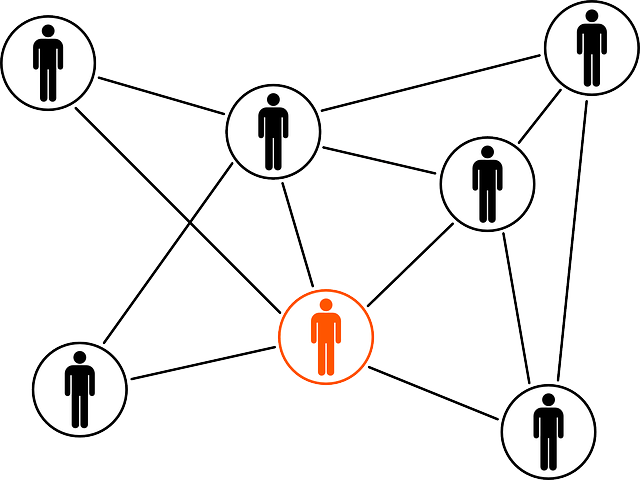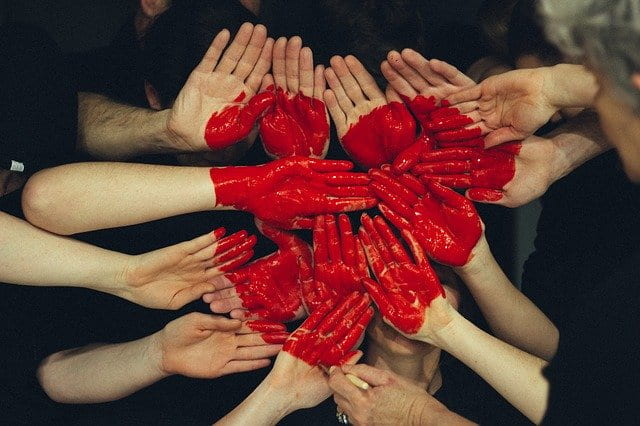INTERSECTIONALITY

Intersectionality broken down is basically that we do not belong to simply just one social identity, we belong to multiple social identities therefore the term intersectionality. While going over the readings explaining intersectionality I instantly was brought back to the readings about women and nature. While learning about women and nature I was surprised to know how there is a large amount of relations and reference between women and nature. How food is sexualized as a woman’s body or how the Earth is fertile and that there is such a thing as “mother” nature. However, like intersectionality not all women agree or associate themselves with these particular terms or social relations between women and nature. However, I do believe that like women and nature and intersectionality there is a connect and disconnect with both of those.
Even if we choose to not identify ourselves or associate ourselves with anything, or any social identity you still somehow end up in a group that “does not identify”. My point here is, you’re always pushed into one section or another. Although you might not be related to the identity or section that is associated with the one you are “in” you end up being related to it just by being there. I do believe this happens due to social stigmas and the small and tight “mold” generations way before us have created and passed down to some who still believe in them today.
Going into ecology there are so many ways to be considered something, but not exactly belong, which can happen with anything in this world, there really isn’t just something as you are or you aren’t. For example cats, a tiger, jaguar, lion are all considered to be a part of the cat family. However, they are not addressed as cats, they are addressed for what they are specifically. Even domesticated (house pets/cats) are all classified as cats, but they are all different and somehow related, intersectionality.
More people should be aware of intersectionality, I believe it is important to know that just because we belong to a mix of social identities does not mean we are more one or the other. Personally, being a multiracial person for many years and even still today depending on who I am speaking to I am either too “white” to be considered “black” or too “black” to be considered “white”. Of course my nationality is much more specific than just black and white, but for some reason people find it difficult allowing someone who is to be a part of both sides, just based off of their own social stigmas and molds. I do believe that intersectionality results in the “whole” of something or someone, even if they have the slightest bit or a relation to that social identity, you still have rights to be a part of all that makes you, you.

Annotations
Intersectionality inroduction
Intersectionality readings 1&2
Ecofeminist principles

Hi Juliana,
I think you provide a very interesting explanation to intersectionality. I personally view intersectionality as how our social identities create different experiences of oppression and/or advantage in society. I think I understand your approach, and correct if I am wrong, but it seems like you are discussing the generalization of social identities like with your example of lions, jaguars, and domestic cats all being classified as cats despite being different species of feline. This idea of generalization is one that I also touched on, and it’s an important factor to look at since, as you insinuated, groups can be similar but different. I think that ecofeminism in a way also tends to generalize social identities, specifically women, when connecting to intersectionality. As I discussed in my post, women in the Global South have multiple social identities that contribute to their oppression and the environmental impacts they face, but yet women seem to be classified together despite their personal identities and experiences. A woman in the Global South that is disproportionately impacted negatively due to environmental degradation, racism, sexism, and classism does not experience the same as a woman from the United States that is presumably not as connected to nature as women in the Global South are. Like I said, if my interpretation missed the mark on what you were explaining, I would love to hear your thoughts!
Hi Juliana,
You gave a great explanation of intersectionality. I’m curious if you were aware or invested in the connection between feminism and ecology before this class? To be perfectly candid, I plead ignorance! It’s incredible to learn the connection between oppressed women and an oppressed environment. I had never before thought of the environment as oppressed. It was more a line of thought, ‘the environment is declining’ or ‘we need to start saving the planet’. Never though, have I considered that the environment is oppressed. It has made me consider it in a new light. It also made me think of how President Trump backed out of the Paris Agreement. I never saw that as an act of oppression before but, I believe that it fully was now. We need more advocacy and legislation drawn around correcting the damage to our environment that was man-made for so long.